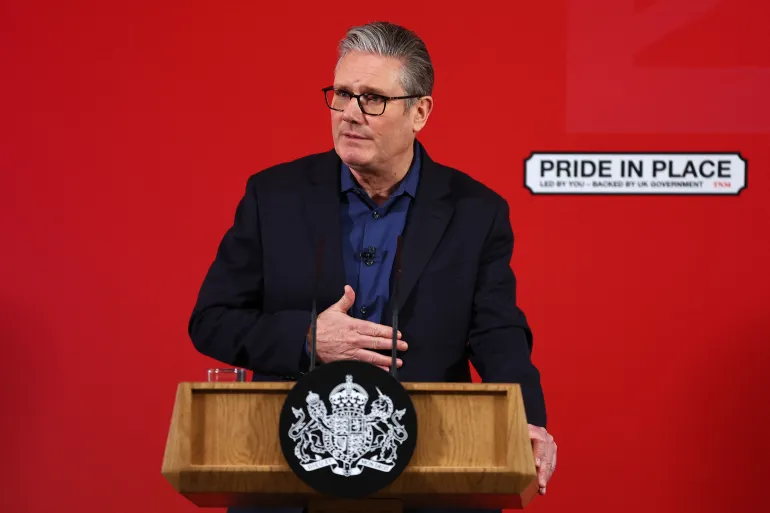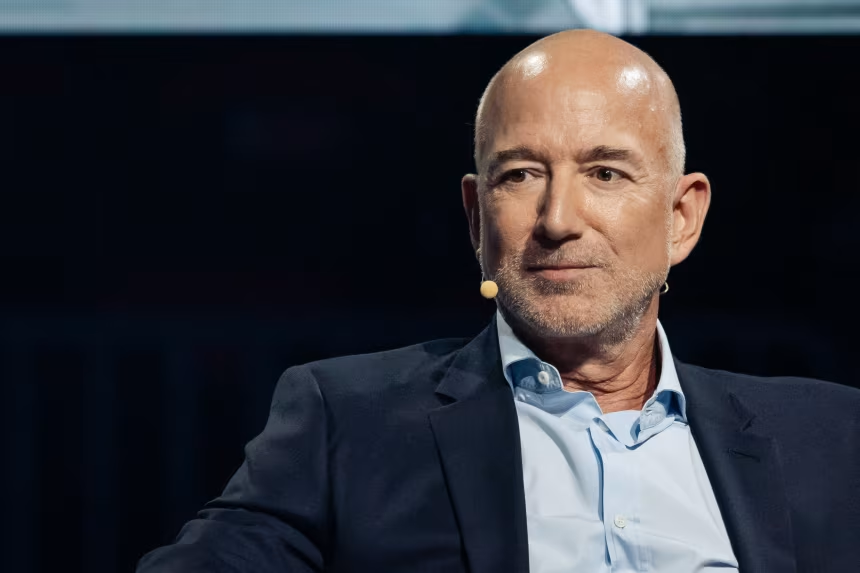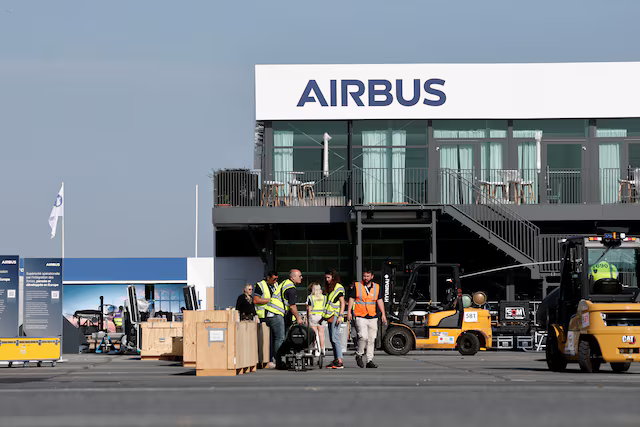The Paris Airshow, one of the world’s most prominent aerospace events, opened Monday at Le Bourget Airport under a more subdued atmosphere than usual, Reuters reports.
A series of recent global events, including a deadly plane crash in India and rising geopolitical tensions in the Middle East, has cast a shadow over the typically high-energy gathering.
The biennial event, running from June 16 to 20, draws industry leaders, government delegations, and military officials to discuss deals and showcase aviation advancements. However, this year’s edition is marked by a reflective tone following the crash of an Air India Boeing 787, which claimed over 240 lives just days before the show’s start.
In response, Boeing has scaled back its participation. Both CEO Kelly Ortberg and Commercial Airplanes head Stephanie Pope canceled planned appearances to prioritize the investigation into the crash. While the company’s advertising remains visible at the venue, its presence is intentionally low-profile. A Riyadh Air 787 remains on static display behind Boeing’s chalet, but few announcements are expected from the US manufacturer this week.
Investigators continue to gather data related to the 787 crash, focusing on the aircraft’s engine, wing flaps, and landing gear. India’s aviation regulator has ordered inspections of all 787 aircraft in Air India’s fleet.
In addition to the crash, missile exchanges between Israel and Iran—occurring just one day after the accident—have led to widespread flight disruptions in the region, amplifying concerns over aviation safety and regional instability. The broader conflict has heightened anxieties in an industry still recovering from pandemic-related disruptions and ongoing supply chain challenges.
Another key issue facing industry stakeholders is trade uncertainty. The aviation sector is closely watching US President Donald Trump’s evolving tariff policies, which have affected components, engines, and aircraft production. The looming July 8 deadline on his “Liberation Day” tariffs adds another layer of unpredictability to an already complex global trade landscape.
Despite the somber backdrop, several aircraft orders are expected during the show. European planemaker Airbus is likely to announce a deal with Poland’s state carrier LOT for approximately 47 A220 jets. The move is seen as part of improving diplomatic ties between Poland and France. Brazilian manufacturer Embraer also vied for the deal but was ultimately edged out, sources say.
Airbus is also reportedly close to securing additional orders from AirAsia and Saudi Arabia’s AviLease and Riyadh Air. The European manufacturer has been promoting both a higher-density version of the A220 and a stretched configuration, aiming to attract budget and regional carriers.
In contrast, Boeing is expected to make fewer announcements, having already revealed major deals during Trump’s recent visit to the Gulf region. A potential update from Royal Air Maroc has been shelved.
Beyond commercial aviation, the show provides a platform for defense and space firms to highlight innovations in areas such as artificial intelligence and autonomous systems. These technologies are becoming increasingly central in both civil and military aviation strategies.










The latest news in your social feeds
Subscribe to our social media platforms to stay tuned